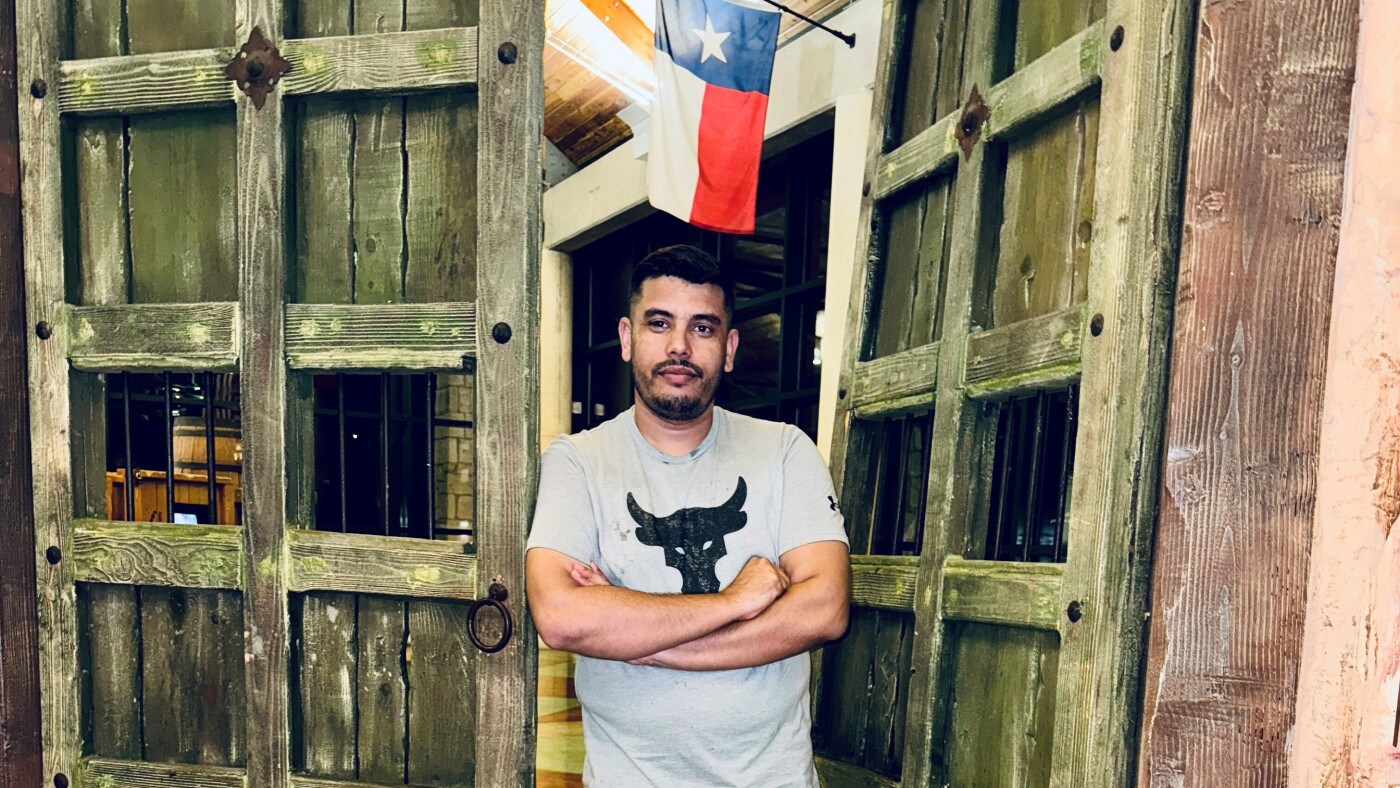Afghan Allies Face Uncertainty in the Wake of U.S. Policy Changes
The journey of Sayedyaqoob Qattali and his family is emblematic of the plight faced by many Afghans who aided the U.S. during its presence in Afghanistan. After years of service, these individuals now find themselves navigating complex immigration challenges in the United States.
Having served as a security commander for the Afghan Interior Ministry in Herat, Qattali was left in a precarious position when the Taliban regained control in August 2021. Without immediate assistance, he embarked on a long odyssey through multiple countries, eventually securing a humanitarian visa to Brazil.
Qattali’s path to the U.S. was fraught with challenges. After traveling through South and Central America, he arrived in Mexico in late 2023. Utilizing the CBP One app, he was able to apply for humanitarian parole and was granted entry into the U.S. at the San Ysidro Port of Entry.
Resettling in Houston, Qattali found employment and enrolled his children in school, thanks to support from Combined Arms, a veterans organization. However, the recent policy changes under President Trump have cast a shadow over his future in the U.S.
Qattali’s fears were heightened when he received a notice to vacate the country, despite being in the process of applying for asylum. His attorney reassured him, yet the uncertainty remains palpable.
“We don’t feel safe”
Muhammad Amiri, a former Afghan air force pilot trainee, shares similar concerns. Having received a Special Immigrant Visa (SIV), he recently obtained his green card. Yet, the current political climate leaves him apprehensive about his status and future.
Amiri expressed his distress: “The words cannot express just my feeling,” he remarked, recalling his tears upon receiving his green card. However, with his fiancée still in Afghanistan, he fears the repercussions of leaving the U.S. amidst these uncertain policies.
Ali Zakaria, an immigration attorney in Houston, advises caution. He warns his clients against voicing opinions publicly, fearing targeted actions by the administration against non-citizens.
The end of Enduring Welcome and temporary protected status
With the U.S. previously welcoming around 200,000 Afghan immigrants post-Kabul’s fall, many now face legal uncertainties. The termination of temporary protected status (TPS) for Afghans by Homeland Security Secretary Kristi Noem has intensified these concerns.
The decision to not renew TPS after May 2023 places many at risk of deportation. Khalil Yarzada, a former translator for U.S. and NATO forces, fears the consequences for those who supported U.S. missions.
Despite assurances from DHS regarding Afghanistan’s improved security, the State Department’s travel advisories suggest otherwise, maintaining a “Do Not Travel” status due to ongoing conflicts and threats.
Efforts to pass the Afghan Adjustment Act, which would expedite the path to permanent residency for Afghan allies, have stalled in Congress. Advocates like Yarzada emphasize the importance of supporting those who risked their lives for U.S. interests.
Yarzada urges, “The SIVs have given so much of their life, of their livelihood, to be in a place where they are, and I think it is our duty as Americans to support them, to give them a fair shot, a fair chance to be able to build a life here in the United States.”
This article was originally written by www.npr.org







Be First to Comment